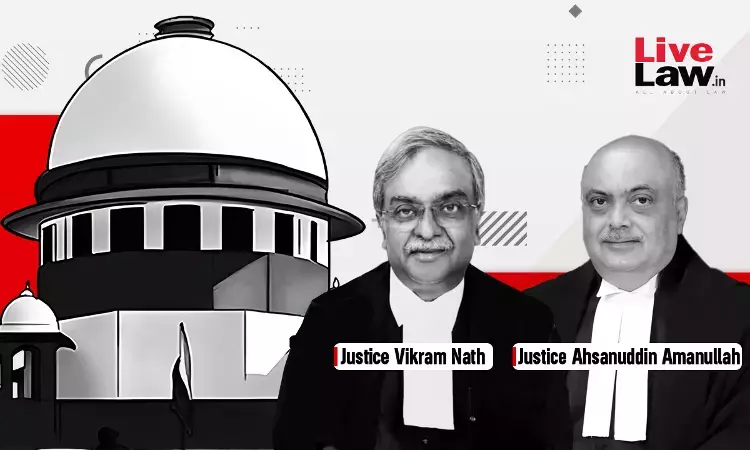Recently, the Supreme Court observed that if there is a repugnancy between the earlier and later clauses of a deed, whereby a later clause destroys altogether the obligation created by the earlier clause, then the later clause is to be rejected as repugnant to the earlier clause and the earlier clause prevails. Setting-aside the findings of the High Court and Trial Court, the Bench of...

